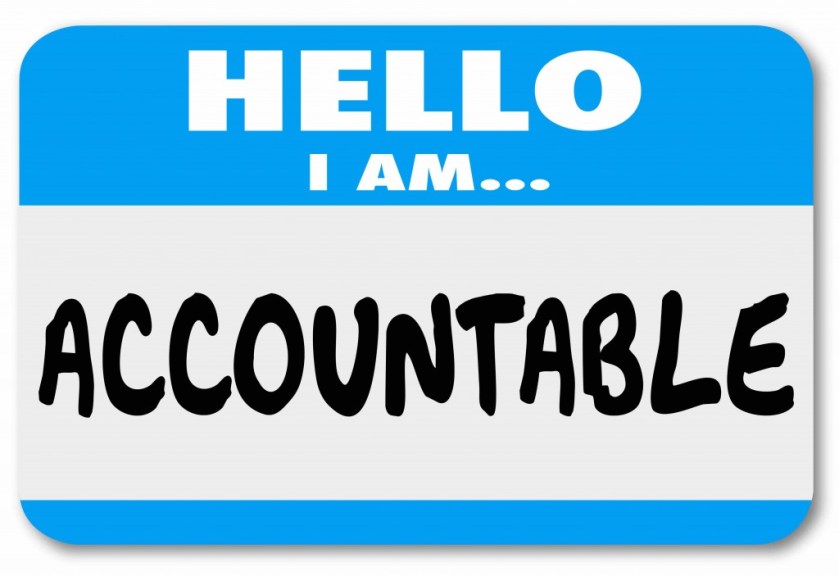Neal Pollard
Already, we have looked at six reinforcements for our resolutions: (1) Specificity (Resolutions Reinforcements–#1), (2) Prayer (Resolutions Reinforcements–#2), (3) Tenacity (Resolutions Reinforcements–#3), (4) Hope (Resolutions Reinforcements–#4), (5) Self-Control (Resolutions Reinforcements—#5), and (6) Accountability (Resolutions Reinforcements–#6). I’d like to close this series of articles with one last tool of support. To keep our resolutions rolling, may I suggest “reading.”
Especially if you are not a reader, that may sound like drudgery. However, consider the fact that God thought it important enough to have His will and thoughts written down in a book. Certainly, the Bible will help shape, encourage, and assist us in every noble goal. Philippians 4:8 says, “Finally, brethren, whatever is true, whatever is honorable, whatever is right, whatever is pure, whatever is lovely, whatever is of good repute, if there is any excellence and if anything worthy of praise, dwell on these things.” How do we know what God considers to fall within these categories? We must read His Word (cf. Psa. 119:105).
Whatever your goals, there are probably plenty of books devoted to the subject (cf. Ecc. 12:12). If you have financial, physical, relational, or spiritual goals, seek out books by those of proven ability in those areas. Perhaps you can ask people who are excelling in the areas where you wish to improve what books they’ve read and would recommend. Some time ago when he still lived at home, my son Dale passed along a book one of our deacons, Scott Phillips, shared with him on finances, entitled Rich Dad, Poor Dad. One of my elders, Dean Murphy, recently recommended The Speed of Trust for effective leadership. Rick Randall, a faithful member here, recommended a faith-building resource called The Truth Project. Just yesterday, Mike Vestal encouraged me to read a book by Gary McIntosh on church growth that was relevant to a goal I have regarding Bear Valley. Connect yourself to readers in your congregation and your circle of friends.
The point is, resolutions are about making improvements. Often, you won’t have to reinvent the wheel. Usually, you’ll have to spit out some bones. Always, you can mine at least some nugget from a book on a subject of your interest that can help you grow. I encourage you to “study up” on ways to maintain and shore up your resolve. Filter it all through the lens of Scripture. Then, most importantly, don’t be a forgetful hearer but rather a doer (cf. Jas. 1:22).








